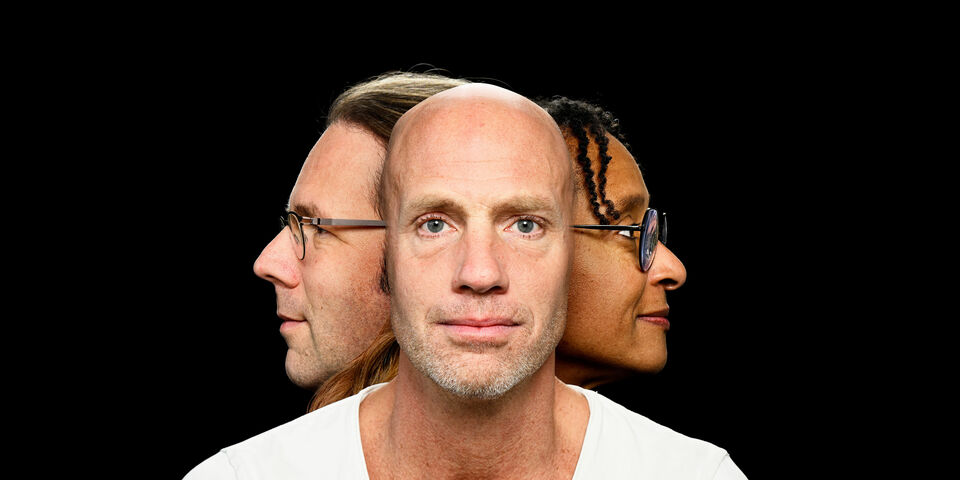K3 | TU/e is one of the nicest places to work at
Eindhoven University of Technology is a large organization, but a relatively small university. Over the past few months, the Executive Board and the university were frequently criticized in Cursor. I can confirm that particularly the centralization of all kinds of services has led to considerable growth of undesirable bureaucracy. But there’s also a lot that is going very well, better than at other universities.
I’ve worked at various academic institutions and could write an entire treatise on the advantages of the American research funding system, on why the anarchistic nature of the academic ecosystem in Amsterdam facilitates eccentricity, or on how collaboration is excellent in Nijmegen. I could also go into the drawbacks of those organizations. If I were to exclusively focus on the advantages or the drawbacks, I would be creating a skewed picture. And the cultures within those academic organizations are extremely heterogeneous anyway, making the experiences and responsibilities of their employees very diverse.
In 2021, after having worked at a prestigious teaching hospital in New York for almost fifteen years, I returned to the Netherlands. This was far from straightforward, because how was I to set up a successful research program on nanoscience similar to the one I had built in the United States? I had to start all over, but saw unique opportunities in this part of the Netherlands. After all, everyone here has an enterprising spirit and loads of common sense.
Together with a pioneering professor of Radboud university medical center and four young, talented researchers, I started setting up a program to develop innovative drugs based on nanotechnology. We got support for these plans and managed to secure funding. In a relatively short amount of time, we’ve created a serious research group, where we innovate and where young talent can blossom.
One of the important components of this program is our Nanoworx project, a unique development and production infrastructure in the area of nanomedicine. The project is part of PharmaNL, which aims to strengthen the Dutch pharmaceutical industry. PharmaNL received a 78.8 million euro investment from the National Growth Fund. The Growth Funds are very difficult to navigate, but at the end of last year we finally got clarity on the process and a challenging deadline around mid-January. At the request of the dean of the Department of Biomedical Engineering, I was approached by the TU/e Growth Funds coordinator. On January 2, during the quiet holiday period, he had organized a kick-off meeting with three financial specialists and our intended project manager. We wasted no time in drafting a plan, setting tasks, and putting a lot of joint effort into it. On 15 January, with six minutes to go until the deadline, we submitted the application. The process is underway now.
We only managed this thanks to the small scale – and short communication lines – of our university. And that bottom-up culture is something we should try to preserve. Sure, there are things that could be improved, but I personally think TU/e is one of the nicest places to work on our ambitions for the future. That’s something that ought to be said after all of those months of uproar.
This column is an ode to the hardworking TU/employees who collaborated on this application and who deserve more recognition and appreciation: Peter Hendriks, Ingrid Verbeek, César Chang Chang, and Irene Damen.
Willem Mulder is a Professor of Precision Medicine at TU/e. The views expressed in this column are his own.


Discussion